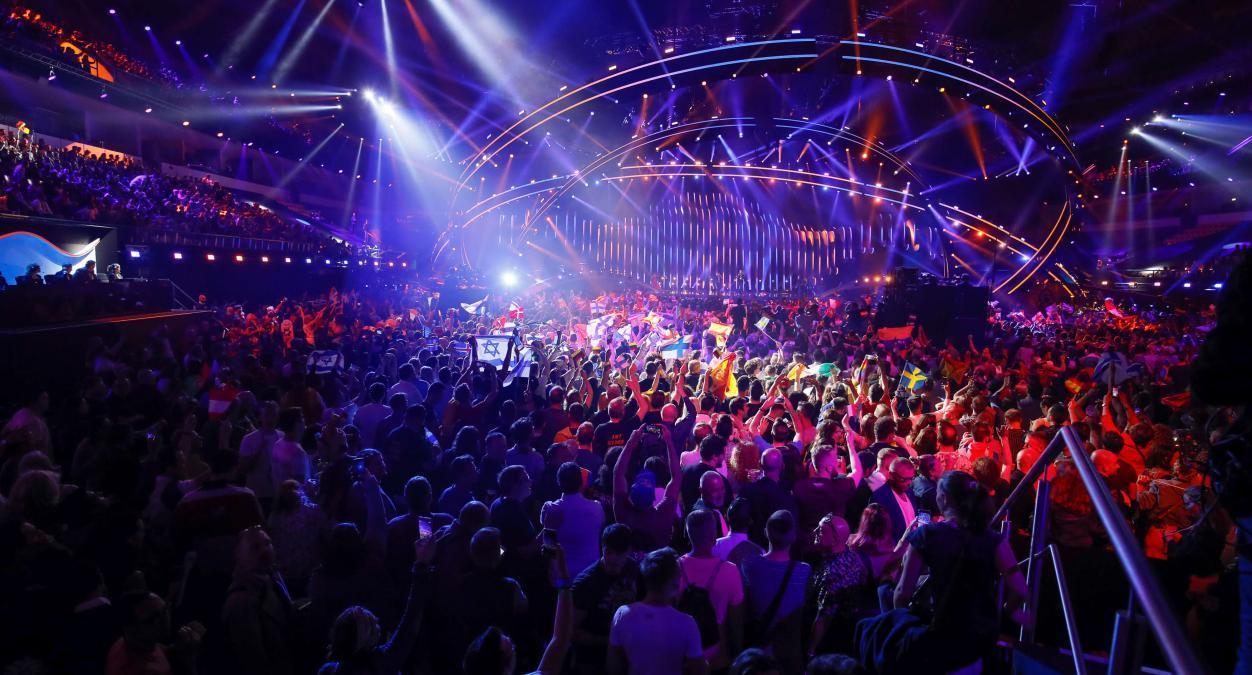Eurovision 2018: What you need to know before watching
LISBON - Agence France-Presse

From geopolitical drama to its ardent gay fan base -- and questions like why can Australia enter?
Here are five facts about the Eurovision Song Contest which this year is being held in Portugal for the first time.
The contest was started in 1956 with the aim of uniting Europe after World War II under the original name of the “Eurovision Grand Prix.”
It has been held every year since then, making it the longest-running international TV music competition, according to Guinness World Records.
There are annual music competitions that pre-date the event, which adopted the title of the Eurovision Song Contest in 1968, but none of them are broadcast on television.
Often billed as the biggest non-sporting TV event in the world, organizers predict this week’s two semi-finals and the finale in Lisbon on May 12 will have a combined global audience of around 200 million viewers.
The five biggest contributors to the European Broadcasting Union (EBU), which operates Eurovision, automatically qualify for the finale along with the host nation of the event, which changes every year. The so-called “Big Five” are Britain, Germany, France, Italy and Spain.
While Australia is on the other side of the world, the contest has since the 1980s been hugely popular in the country, especially among its large population of descendants from European countries, and in 2015 the EBU agreed to let it take part in the competition.
Australia’s participation was initially set to be a one-off event but it has taken part in every subsequent edition, finishing second in 2016 when Korean-born Australian singer Dami Im represented the country.
With the notable exception of Sweden’s legendary disco group ABBA, which won Eurovision in 1974 with its hit song “Waterloo,” winning the competition has for the most part not been a guarantee of lasting international success.
ABBA, which sold more than 400 million albums, announced last month that they have reunited to record two new songs, 35 years after their last single.
Conceived during the Cold War, Eurovision has always been as much about geopolitical drama as it has been about music.
Last year Ukraine did not let Russia’s candidate, wheelchair-using singer Yuliya Samoilova, enter the country to take part in the competition due to a row between Kiev and Moscow over Russia’s annexation of Crimea.
The contest already fuelled tensions between the two countries the year before after Ukraine’s singer, Jamala, took the crown with
“1944”, a song about Joseph Stalin’s mass deportation of Crimean Tartars during World War II.
Numerous diplomatic incidents have overshadowed the contest, from Austria’s boycott of the 1969 event because it was being held in dictator General Francisco Franco’s Spain, to the refusal by Armenia to take part in the 2012 edition in rival neighbor Azerbaijan.
On several occasions, to avoid political tensions, participants have been called on to change or modify their songs.
With its high kitsch content, Eurovision has long been popular with gay fans and rainbow flags representing gay rights are a common sight at the finales alongside those of participating nations.
Each year gays bars and nightclubs across Europe host viewing parties that screen the semi-finals and the final of the contest live.
In the lead-up to Saturday’s finale, Lisbon’s oldest gay nightclub, Trumps, is holding nightly Eurovision themed parties, which have been packed with foreigners in town for the contest.
















